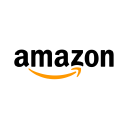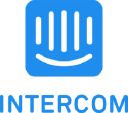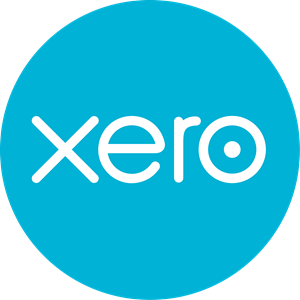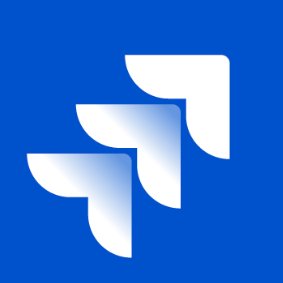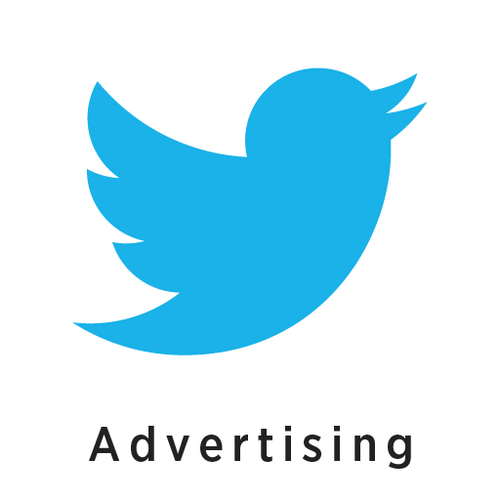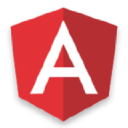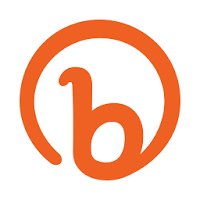How I Started A $6M/Year Operating System To Solve Our Own LearnOps Problem
Hello! Who are you and what business did you start?
Hi! I’m Ryan Austin, an entrepreneur who has spent over 10 years driving improvements in learning and development. In my current role as CEO at Cognota, I am focused on developing innovative learning technology that enables corporate learning and development (L&D) teams to increase their productivity by powering learning operations across enterprises.
Cognota’s patent pending technology is the recipient of more than five Brandon Hall awards, including recognition for Best Advance in Emerging Learning Technology and Best Advance in Learning Management Measurement/Business Impact Tools. Prior to Cognota, I served as Senior Vice President for World Trade Group, an organization that offers live events and training courses.
In addition to my role as CEO at Cognota, I am an active Angel investor while also mentoring selected entrepreneurs through my participation at Elevate, a non-profit organization focused on social innovation. I have also co-founded GoFish Cam, a hardware technology company for the fishing industry which was sold to a private equity firm in 2019.
Schoolwise, I studied Sociology at York University and Business/Corporate Communications at Western University. I have also...

